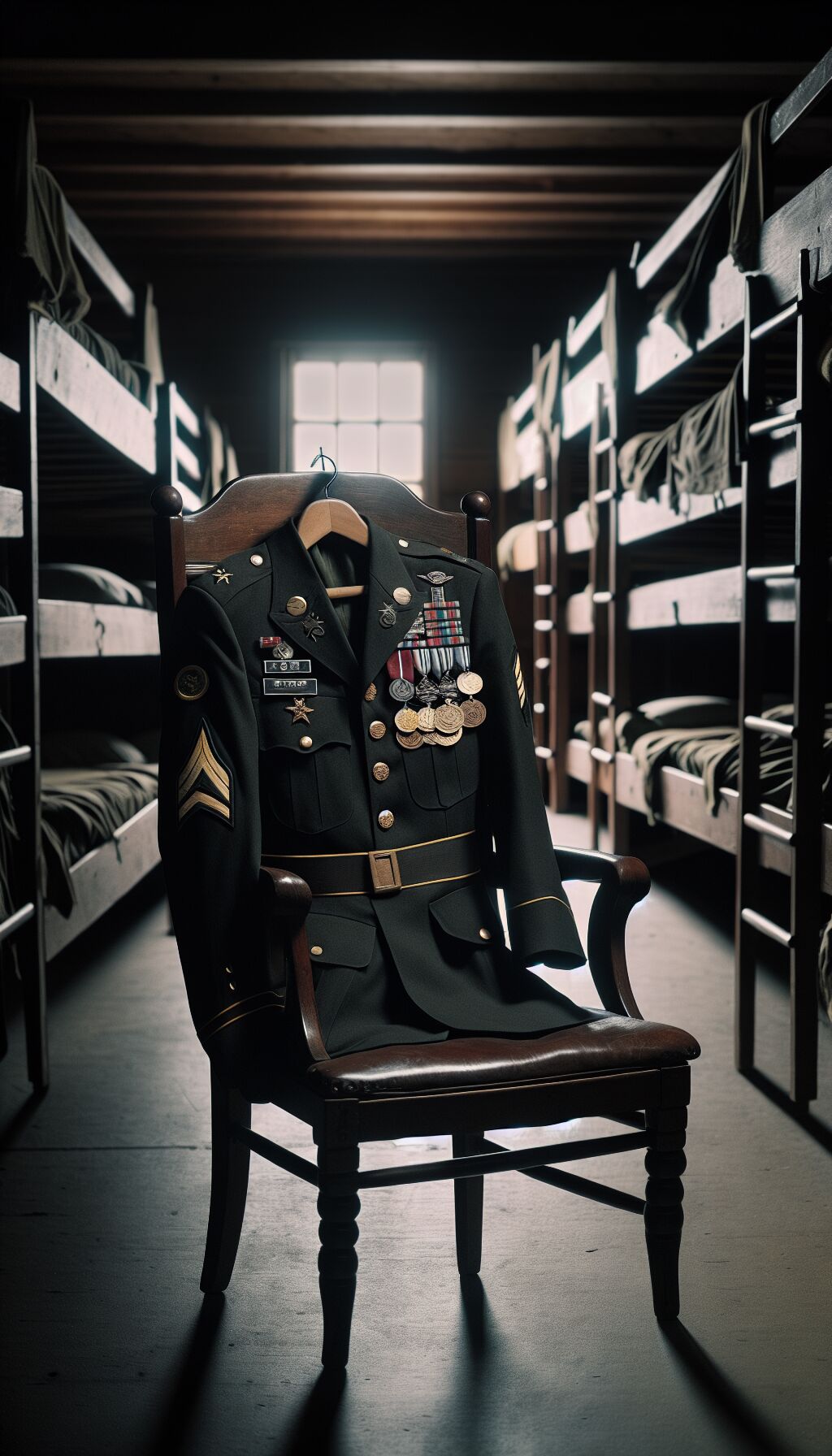Backlash Against Pete Hegseth’s Military Views
President-elect Donald Trump’s nominee to lead the Defense Department, Pete Hegseth, is under fire for his controversial stance on women in military combat roles. Hegseth’s statements have ignited a media storm and polarized opinions among military experts and veterans alike.
A Divisive Figure
Hegseth, a former Army infantry officer and Fox News host, has expressed his belief that women should not serve in combat positions. On the “Shawn Ryan Show” on November 7, he stated, “I’m straight up just saying we should not have women in combat roles,” which has sparked significant backlash from both Democrats and media outlets.
Despite criticism, Hegseth’s perspective finds supporters. Will Thibeau, a former Army Ranger with multiple combat deployments, expressed agreement with Hegseth, stating, “He stated simple truths that 12 years ago were commonly understood.” Thibeau emphasized the distinct physical and psychological differences between men and women when it comes to combat, arguing that the integration of women could fracture military effectiveness.
Hegseth’s Rationale
Hegseth’s argument centers around the idea that the U.S. military has been lowering its standards to accommodate women in combat roles, suggesting this compromises operational effectiveness. “I love women service members who contribute amazingly, but everything about women serving together makes the situation more complicated,” he asserted. He believes that complications in combat scenarios lead to increased casualties.
On this front, he criticized the military’s leadership for prioritizing diversity over combat effectiveness, referencing a 2015 Marine Corps study that indicated all-male units performed better than integrated units. “Between bone density, lung capacity and muscle strength, men and women are just different,” Hegseth added, endorsing a standard where all candidates should meet the same rigorous requirements, regardless of gender.
A Concerned Military Community
Responses from within the military community reflect a broader concern. Ellen Haring, a retired Army colonel, voiced apprehension regarding Hegseth’s potential policies if appointed Secretary of Defense. She noted that women currently occupy various combat roles in the military, and many fear the implications of Hegseth’s statements on their career prospects. “Women who have been serving in combat roles for six or eight years are very concerned about the idea that they might lose their jobs,” Haring said.
Current figures indicate there are approximately 2,500 women in ground combat roles across various branches of the Army. Haring also pointed out that women have successfully earned Army Ranger tabs and serve in elite units, demonstrating their capabilities in traditionally male-dominated fields.
Counterarguments to Hegseth’s Claims
Haring countered Hegseth’s claims by emphasizing the positive impact of women in the military, stating, “There’s no indication that any of those units have been harmed by their presence.” She argued that women’s involvement has heightened professionalism across the ranks, particularly in infantry units where previously entrenched cultures of hazing and abuse were prevalent.
Captain Micah Ables, an Army Infantry commander, echoed similar sentiments, sharing his experience of integrating women into a previously all-male unit during deployment. He reported that female soldiers quickly demonstrated their capabilities, enriching the unit’s operational effectiveness. “They dug in, and they did what they needed to do to be experts,” he noted, reflecting on the successful adaptation of his unit.
Contrasting Perspectives
Opinions on this issue are not universally aligned, with some dissenting voices cautioning against women in combat roles. Retired Marine gunnery sergeant Jessie Jane Duff argued that it represents a “lethal mistake,” asserting that integrated units have shown lower effectiveness and higher injury rates for female soldiers. Duff emphasized biological differences, stating, “Why would you water down the effectiveness of our infantry units?”
Anna Simons, a retired professor of defense analysis at the Naval Postgraduate School, analyzed the underlying issues, highlighting the tension between diversity and similarity within combat units. “The whole point of combat is to wield violence,” Simons explained, arguing for a focus on operational proficiency above diversity.
Moving Forward
With Hegseth possibly stepping into one of the most critical roles within the government, these discussions will likely shape military policy and gender roles within the armed forces. For now, as proponents and opponents of women in combat continue to voice their opinions, the debate remains complex and contentious.
As the nation looks ahead to a potentially new era in military leadership, the conversation surrounding gender and combat roles will undoubtedly persist, challenging conventions and fostering ongoing dialogue about efficacy, equality, and the future of the U.S. military.
